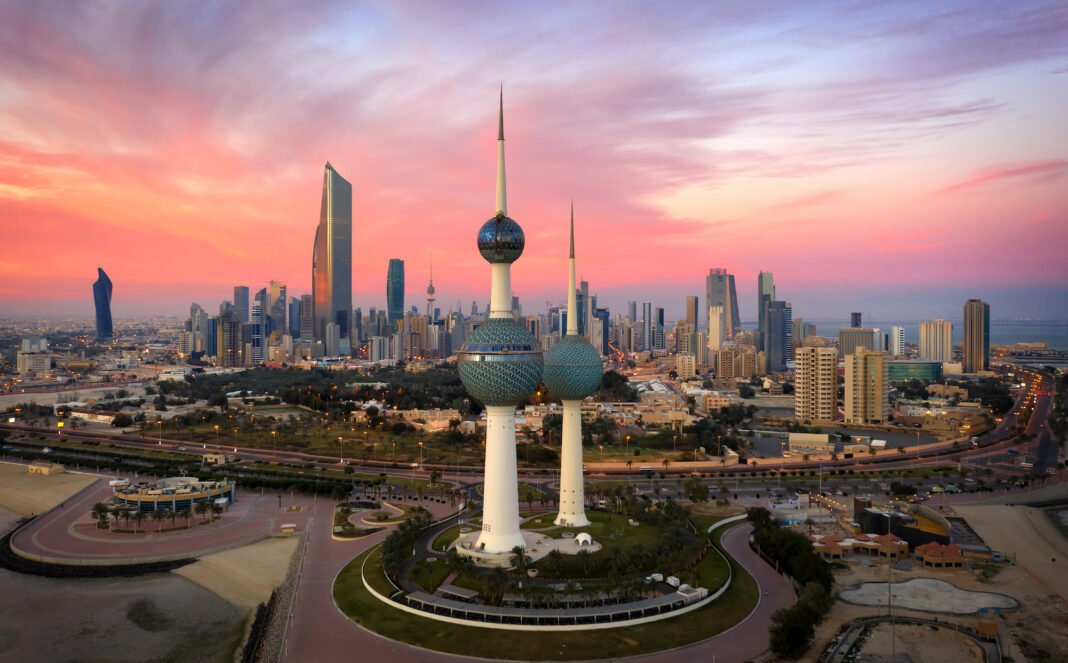Kuwait continues to move forward with major infrastructure projects to meet rising electricity and water demands. The Ministry of Electricity, Water and Renewable Energy has taken major steps to support urban expansion through new power and water initiatives. These Kuwait power projects aim to deliver stronger national utility infrastructure for a growing population.
Two significant Kuwait power projects are making headway. The Subbiya Power Plant (Phase 4) is designed to add 900 megawatts of capacity. At the same time, the Doha West Water Desalination Plant (Phase 2) will increase output by 60 million imperial gallons per day. Both projects are now in the tendering stage after recent bids opened.
According to officials, the Central Agency for Public Tenders received offers and plans to forward them for review. The Ministry will begin evaluation next week through specialized committees. Once complete, the ministry will recommend companies for final execution of both Kuwait power projects.
The Subbiya plant attracted three main bids. The lowest bid reached 516.8 million Kuwaiti dinars. Other bids followed at 548.4 million and 569.3 million dinars. Meanwhile, bids for the Doha West plant ranged from 114.2 million dinars to 174.1 million dinars. These competitive proposals reflect strong interest in Kuwait’s energy sector.
Additionally, Kuwait delayed the consultant tender for the Nuwaiseeb Power Project (Phase 1), which will have a 3,600-megawatt capacity. The postponement will last until late August, allowing more time for planning. Despite this delay, the government remains committed to completing this large-scale undertaking.
These Kuwait power projects reflect a larger national strategy. Authorities aim to modernize infrastructure while keeping pace with rapid urban development. Demand for both water and electricity has surged, and new facilities are crucial for sustainability. More projects are likely to follow, given continued population and industrial growth.
Furthermore, these developments show Kuwait’s effort to strengthen local energy independence. By investing in long-term solutions now, officials hope to avoid future shortages. The Ministry’s plan includes fast-tracking approvals and ensuring reliable contractor selection.
Kuwait power projects continue to drive utility expansion and support the nation’s infrastructure. With strong bidding activity and government support, these projects are set to play a key role in future growth.





